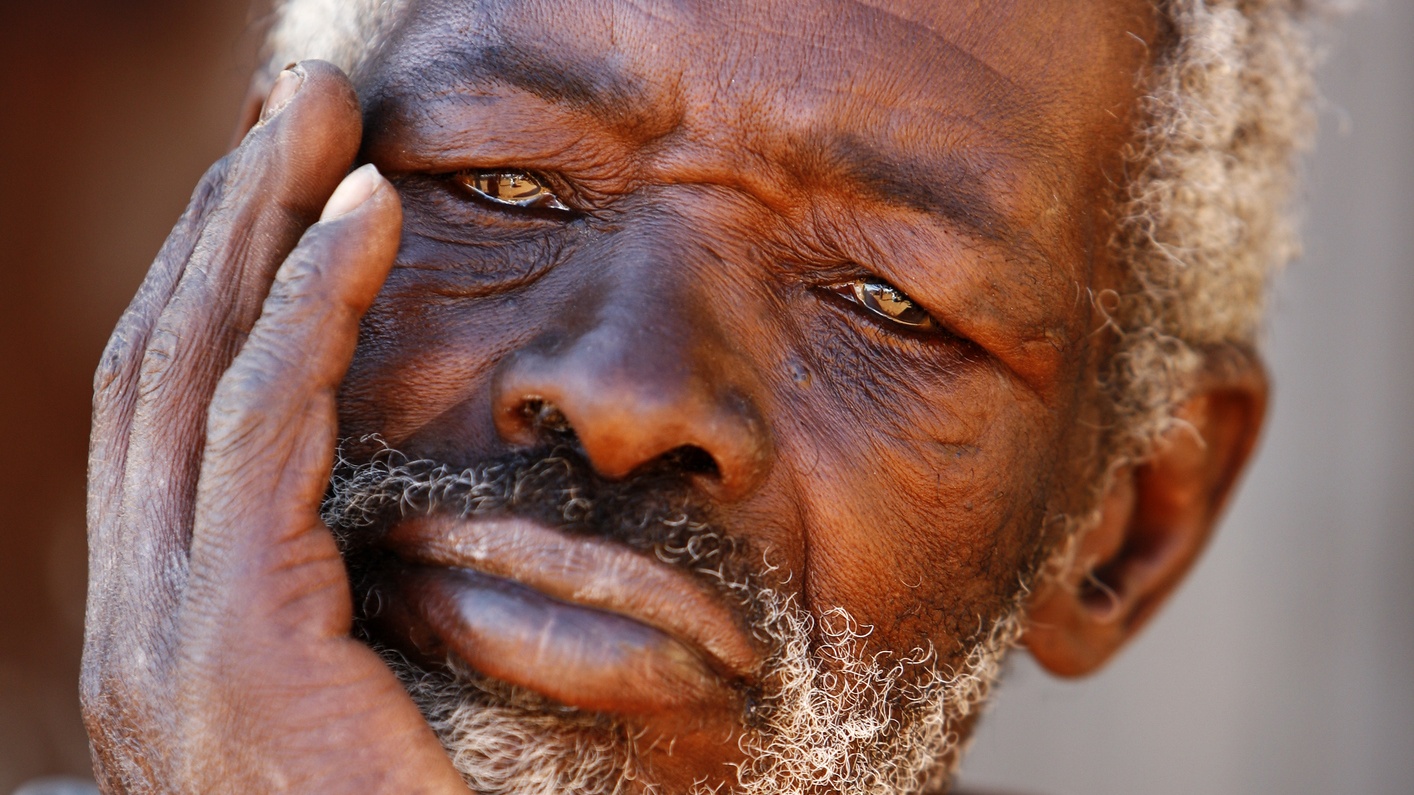A researcher at Tuskegee University is providing evidence to demonstrate why Black people have always been most vulnerable during a health crisis. Reuben C. Warren, director of Tuskegee University’s National Center for Bioethics in Research and Health Care, detailed the historical data in an interview with Vox.
Considering what has happened in the past, Warren said he isn't surprised to see the coronavirus impacting Black people at a disproportionate rate. The researcher said there is a parallel between what has happened historically and what is currently happening in places like Georgia where the economy has reopened during the pandemic.
"Across any demographic, the Black population disproportionately suffers," he said. "They are the most vulnerable to live and also the most likely to die, regardless of income, education."
Citing a 1974 book titled Who Shall Live? Health, Economics, and Social Choice, Warren explained how the government has essentially chosen to neglect the Black population.
"Like the title of the book, we have to decide who shall live," he told Vox. "The historical record and the current practices suggest something very scary. Some folks who happen to be in power will have to decide who shall live."
The Tuskegee University researcher added more historical context to prove that Black people have always been on the losing end when it comes to health care. Pointing to a study from the early 2000s titled “Unequal Treatment: Confronting Racial and Ethnic Disparities in Health Care,” Warren said, "scientists looked at health care delivery and found that there was a disparate difference between the quality of care given to Blacks and whites, even with the same economic status."
According to the study, "at no time in the history of the United States has the health status of minority populations–African Americans, Native Americans and, more recently, Hispanics and several Asian subgroups–equaled or even approximated that of white Americans."
Going as far back as the late 1800s and early 1900s, Warren noted an experiment conducted by J. Marion Sims, another incident which has added to the mistrust between health experts and the Black community.
"Sims tested vascular surgical techniques on enslaved Black women — without anesthesia," the bioethicist said. "He tested and retested them like this — and he’s the 'father of gynecology!' He even published an article on these women."
Warren also discussed the 1985 research titled “Report of the Secretary’s Task Force on Black and Minority Health.”
According to the study, "Blacks, Hispanics, Native Americans, and those of Asian/Pacific Islander heritage have not benefited fully or equitably from the fruits of science or from systems responsible for translating and using health sciences technology.”
Warren said, "this documents 60,000 excess deaths in the Black population each year, 'excess deaths' being using the death rate of the white population and comparing it to the death rate of the black population."
"There were 60,000 excess deaths each year due to six causes: cardiovascular disease, stroke, cancer, diabetes, unintentional injuries, and infant mortality," the bioethicist said.
A follow-up study in 2002 showed that the number of excess deaths increased to 83,000.
"The Black population demonstrates the greatest disparity; therefore, it’s where the greatest resources are to be committed," Warren said. "But it’s not happening."
Looking at the Tuskegee Institute's syphilis study, which began in 1932 and continued for 40 years, the researcher said the disease caused horror, embarrassment and disgrace for the Black men studied and their families, leading to community trauma.
"I see the same thing now, in focusing on the disease but not focusing on the condition and the vulnerability as a result of the disease," Warren said. "We don’t know enough, but we know enough to do better. To not test broader is unconscionable. If we don’t recognize and acknowledge history and its truth, then we are bound to repeat it."
